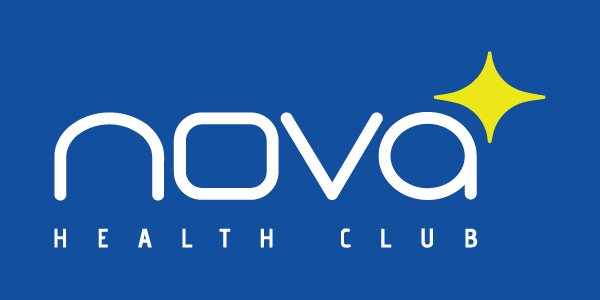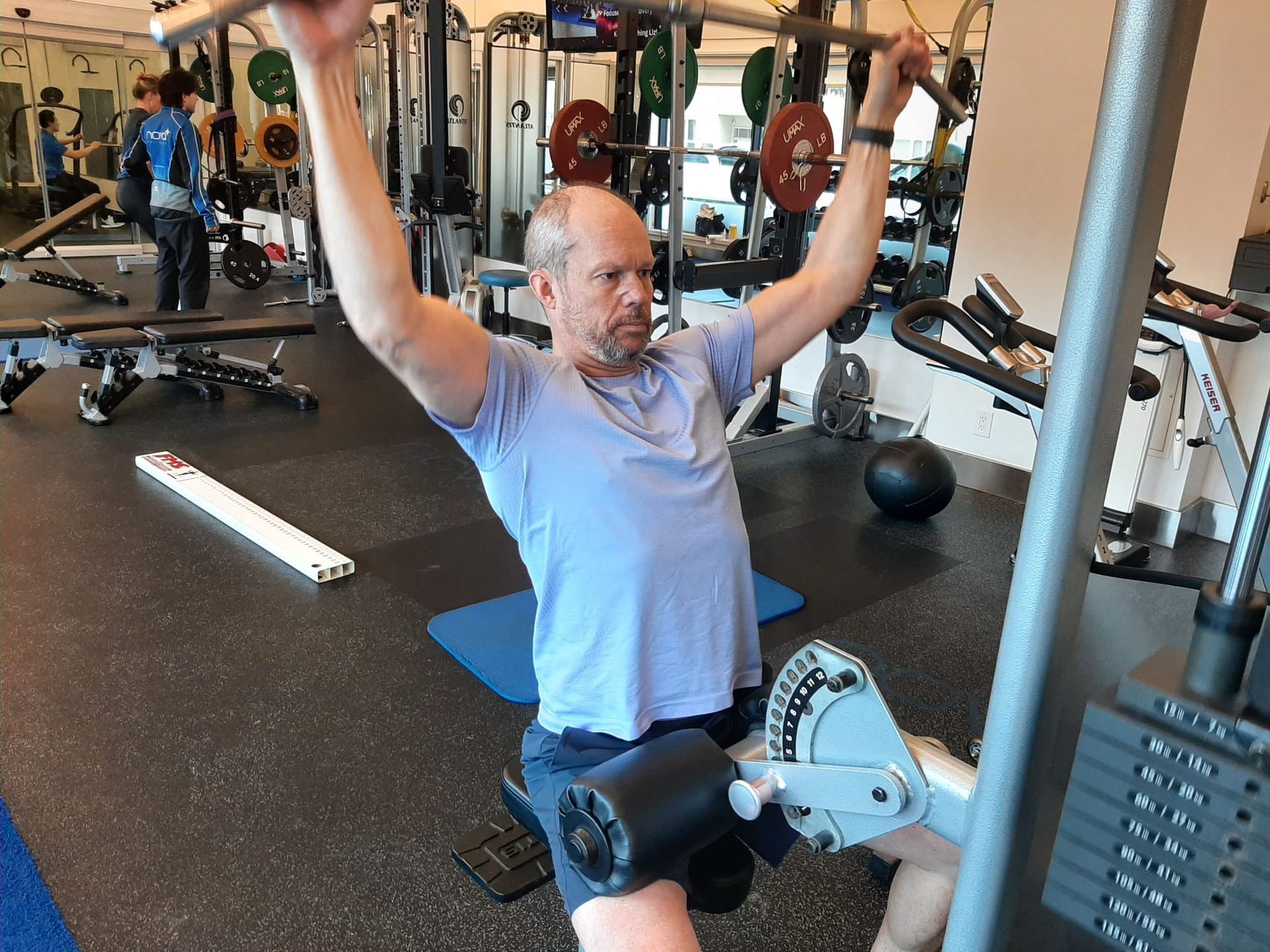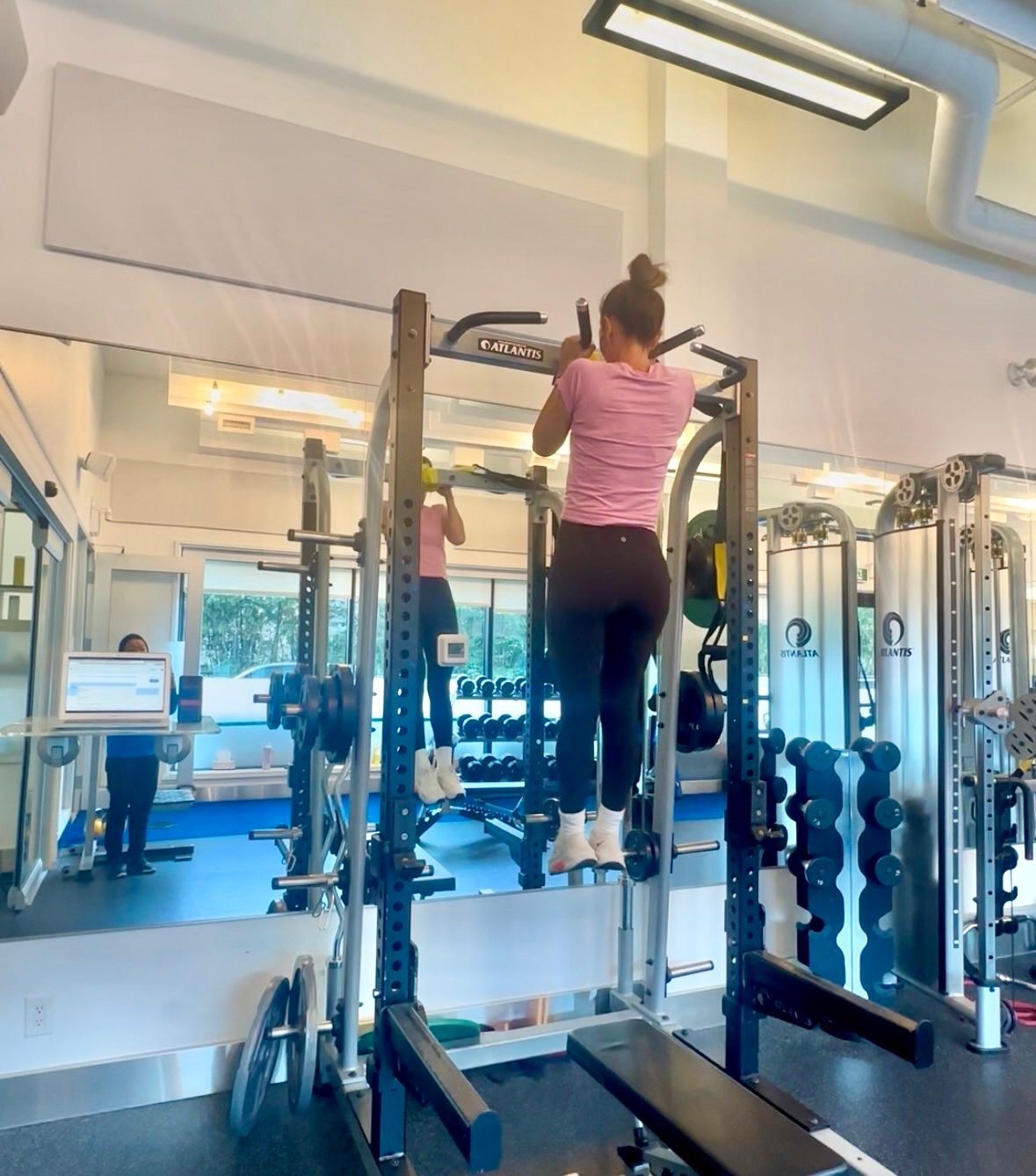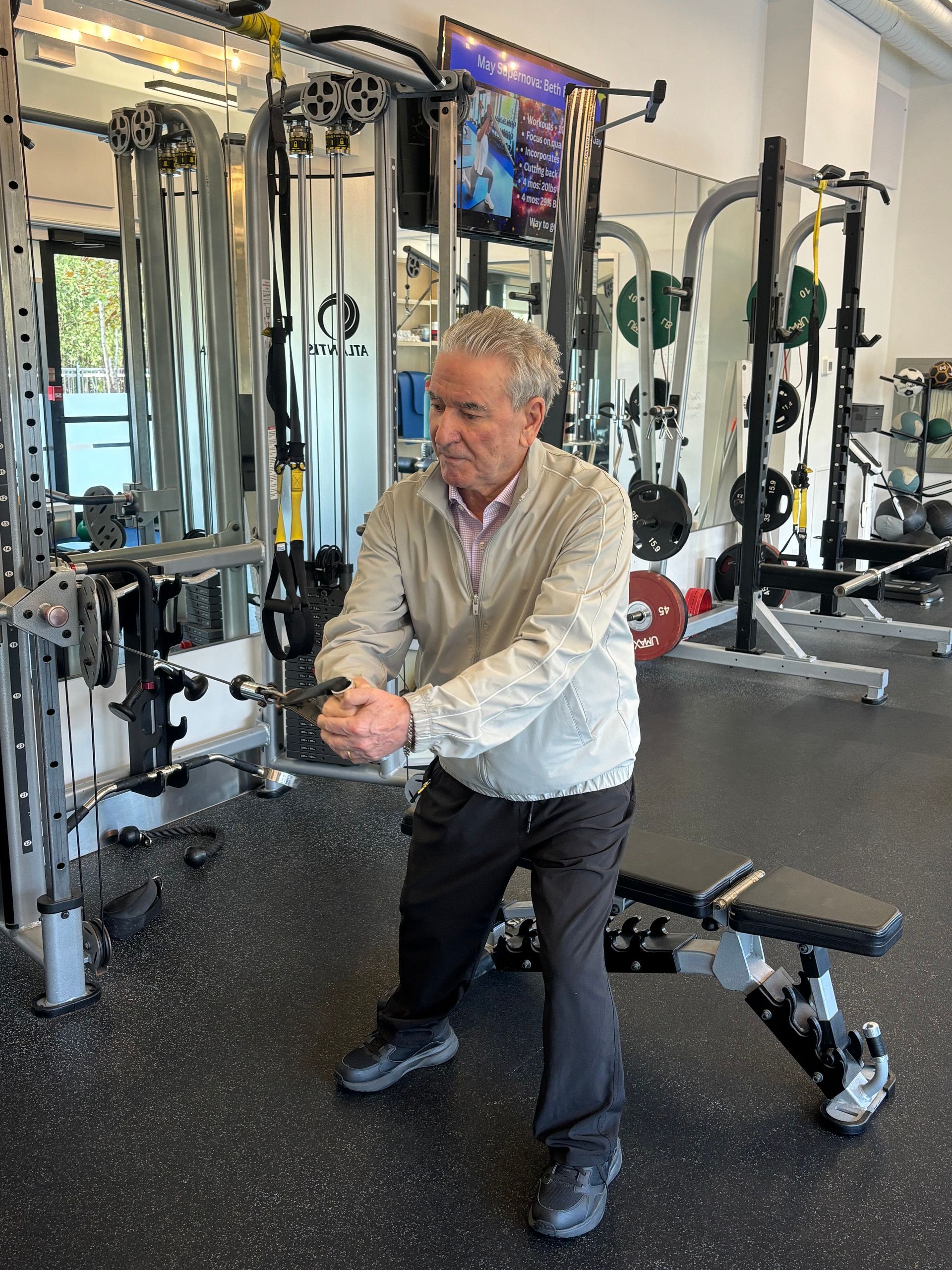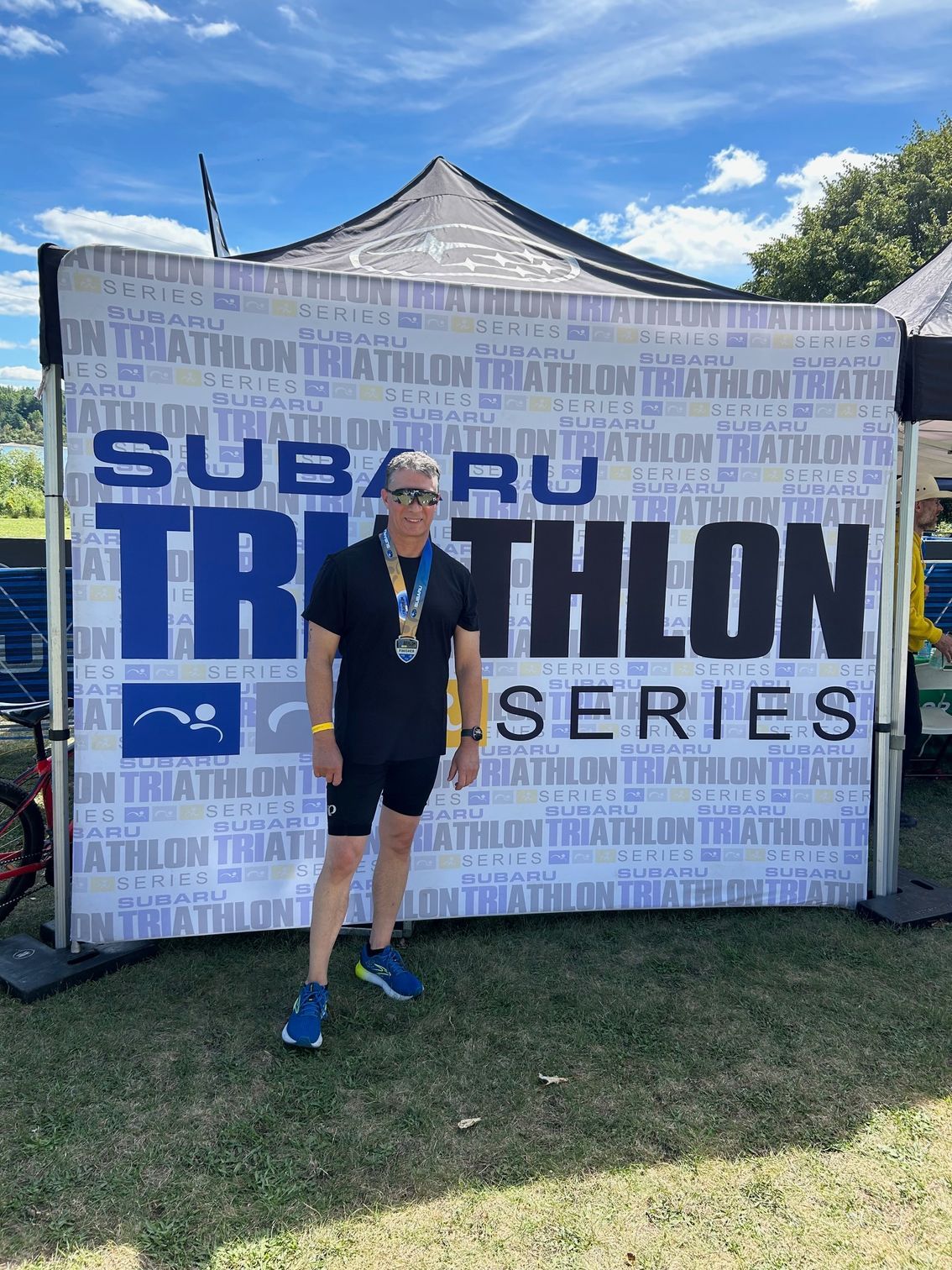Injured? Don’t Cancel Your Workouts!
Injuries - they happen to us all at some point.
Picture this, you love your workout program, you are getting good results and all of a sudden you get injured - either during a workout or at home like moving a heavy piece of furniture.
Do you keep going to your workouts?
Do you cancel your workouts?...
…As a coach for more than 20 years, I can say that one thing that frustrates all personal trainers is when a client who gets injured then presses pause on their exercise program.
While it is ok to cancel one or two workouts to deal with a new or acute injury, missing more than a week not only halts the momentum you had but makes it harder to recover from the very injury you want to heal. There is ALWAYS something that you can do in your workout to either fix the injury or work other parts of the body that need attention.
Be Solution vs Problem Oriented
In life, there are events such as injuries that are outside of our control. How we perceive
and adapt to an injury has a lot to do with how we progress towards our goals and grow as human beings. Getting injured and then canceling workouts is not a solution oriented action that will help you overcome the injury let alone continue training towards your main goal(s).
For example, the same injury for two different people could have two different outcomes based on individual perceptions, mindsets and actions taken.
One person’s mindset could be more optimistic and solution oriented. This person is likely to work around the injury and keep exercising but in a modified fashion. A person with a limiting mindset however is going to hold themselves back because rather than thinking of solutions they are fixated on the problem and feeling like a victim. Naturally the person who focuses on the problem vs solution will cancel their workouts.
Personal training coaches are solution oriented people that love to solve problems especially when it comes to moving the body. We know thousands of alternatives to work around any injury so naturally we become frustrated when clients cancel their workouts because of specific injuries that we KNOW how to work around.
The Athlete Mindset
The human body is a performance machine that must be cared for regardless of athletic ability. Therefore it does not matter whether you are professional or not - all humans are athletes and all athletes respond to training stimulus and injury management the same way.
Have you ever heard of a professional athlete canceling all of their games AND training sessions because of an injury? Definitely not! When a professional athlete gets injured, just because they may stop competing, does not mean they stop training. Their training however becomes modified to focus on three things - rest, injury rehabilitation and maintenance. By continuing to train in the right way, they are getting themselves back to the game and recovering from the injury faster.
With respect to working out and exercise, the human body recovers from injuries best when there is the right amount of rest, corrective exercises and blood flow to the injured area. This is still training that must not stop. In addition to this corrective work, all athletes will continue to maintain the rest of their body that is not injured. If they did not, their injury would be better but they would be completely out of shape by the time they got back to competition.
3 Parts to Fixing Injuries
1) Rest
An injury requires the right amount of rest to heal. This is strategic rest versus complete rest. Strategic rest means avoiding activities that make the injury worse but not avoiding all activities. For example, if you tore hamstring muscle from sprinting, you would rest by not running or not running at the same speed as what created the injury. You would not practice complete rest which would limit the stimulation needed to the tissue that is healing
2) Rehabilitation
This is specific activation or mobilization exercises that would help the injured tissue to recover faster. In the example of the torn hamstring above, while the muscle should not be used for sprinting, they still need to be activated with certain ‘rehab’ exercises that promote blood flow and healing of the muscle fibers. This could include low intensity hamstring strength activation or cross training activities like cycling.
3) Maintenance
While rest and rehabilitation is happening at the site of the injury, the other parts of the body need to be taken care of. Failure to maintain the integrity of the rest of your body is a recipe to lose the gains you have worked hard to achieve. There is absolutely no need to throw away the strength and fitness of the other parts of your body as you recover from an injury.
Common Injuries and Workout Solutions
Other than being sick, the only time to stop training is if you were fully incapacitated. For example, if you were in a car crash with your arms and legs broken, then skipping your workouts is the way to go. Most other injuries do not require you to miss your workout.
- Twisted Ankle
- Not a reason to skip your workout unless the ankle prevents you from going to the gym but even in that case, a solution oriented person would opt to train at home or online.
- Sure skip your running, biking and leg workout that uses the ankle but you can still do stretching or upper body work that does not require the ankle.
- Back Injuries
- Sometimes a back injury can be so painful that it is hard to move or even breathe. In this case, missing a workout may be the right way to go but as soon as the acute pain has gone away you should be back training.
- For back injuries, stopping heavy squats, running or jumping activities is prudent. But that does not mean you have to stop your whole program. Things like focusing on your deep core strength or doing upper body exercises in a supportive position (back rest) is a very smart solution.
- Neck Injuries
- Neck injuries can be like back injuries in that they can be very painful when acute. In cases like this, withdrawing from all activity for a day or two may be the right decision.
- However, you could likely still do leg exercises that do not require weights, core exercises that do not engage the neck and shoulders or stretching.
- Leg and Knee Injuries
- In addition to rehabilitative exercises for the legs, you can always do upper body work. This is a great time to do some upper body parts that you may not do as often such as biceps or triceps.
- Even with a leg injury there are some leg exercises you can still do. For example, when the knee is injured, you will want to limit squats, lunges and step ups but you can probably still do exercises that don’t put forces through the knee such as hamstring curls or hip hinging exercises like deadlifts.
- Arm and Shoulder Injuries
- If you have an injured arm or shoulder keep working out but focus on rehabilitation exercises for the arm/shoulder, core, stretching or doubling down on your legs.


